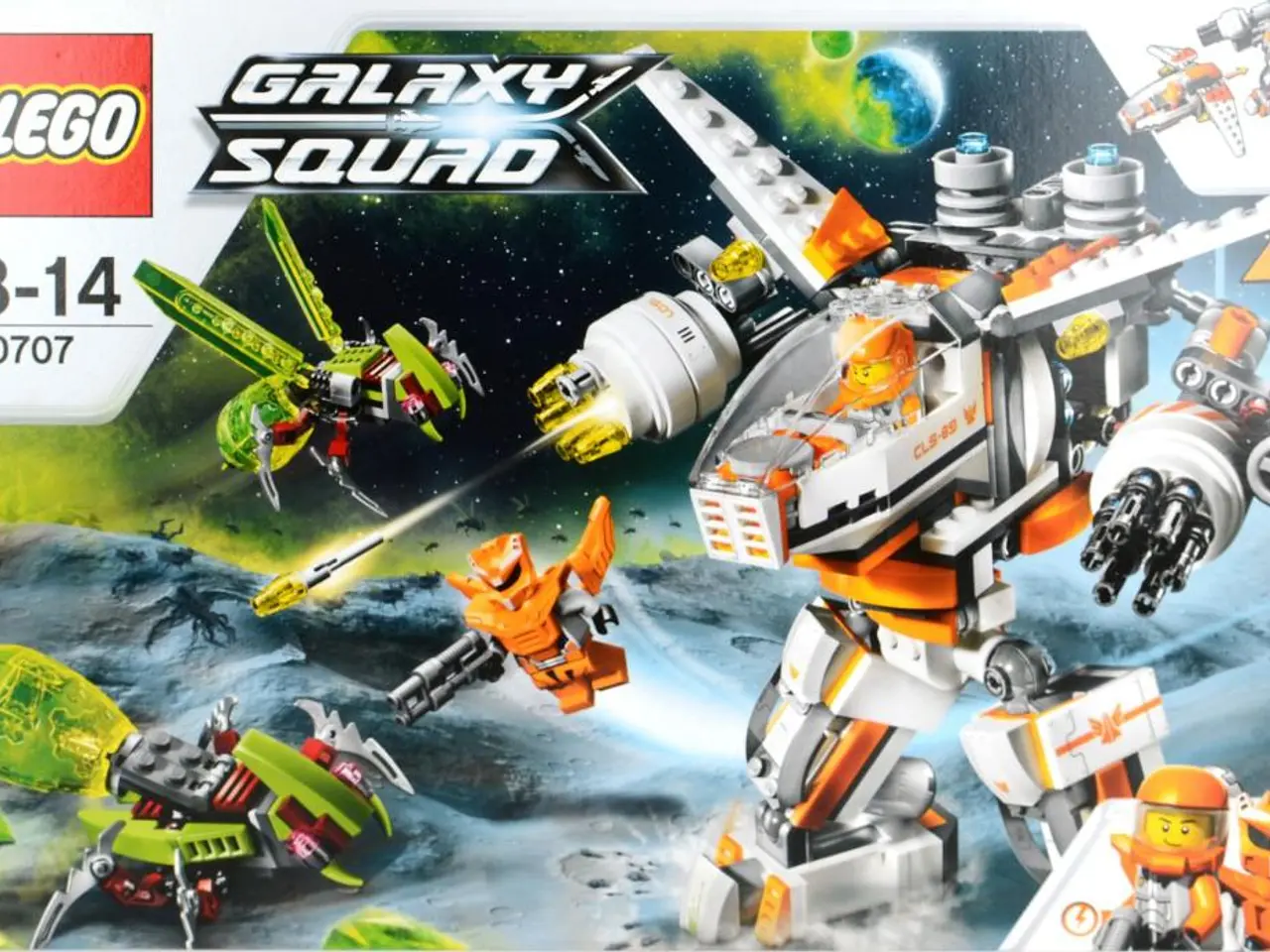Explore AI Chatbots Beyond ChatGPT: Discover the Top 5 Free Options and Reasons to Embrace Them
In the ever-evolving world of artificial intelligence, a variety of chatbot alternatives are emerging, each with unique features and capabilities. Here are five standout options:
1. Claude (by Anthropic)
Claude, developed by Anthropic, is a reliable assistant for professionals who require complex reasoning and a strong focus on AI ethics. Unlike ChatGPT, Claude is described as more reasonable and cooperative, excelling in long-form content generation and ethical considerations. It can remember and understand information from up to 100,000 tokens (approximately 75,000 words) in text files, making it useful for lengthy conversations or documents [1][2].
2. HuggingChat (by Hugging Face)
HuggingChat, a free, open-source alternative, offers users the flexibility to choose from multiple AI models based on speed, quality, and multilingual needs. It provides transparency, model customization, API access, and can be hosted in-house, making it appealing to tech users, researchers, and companies focused on data control [1][2].
3. Google Gemini
Google Gemini, formerly known as Bard, is noted for its multimodal capabilities and seamless integration with Google services. It supports general AI tasks including language and image understanding and is available for free with a Pro upgrade option. Its direct connection to Google Search ensures up-to-date information, providing smooth interactions [2][3].
4. Microsoft Copilot
Microsoft Copilot integrates deeply with the Microsoft Office suite, offering productivity enhancements, code generation, and natural voice conversation. Unique features include Copilot Voice for natural interactions, Copilot Vision for sharing screen/camera, Think Deeper tool for complex queries, and real-time Bing data access. It offers free access to OpenAI’s premium models combined with Microsoft ecosystem integration [2][4].
5. Chatsonic
Chatsonic is a versatile chatbot suitable for all conversational AI needs, offering real-time data updates and multi-language support. It is a freemium model, providing enhanced versatility for dynamic conversations and language variety [2].
Notable Mentions
- Meta AI stands out with strong social media integration and multilingual image understanding.
- Perplexity AI focuses on precise, real-time web search answers with citations.
- Character.AI is ideal for role-playing and creative storytelling.
Each of these alternatives offers specific strengths such as open-source transparency (HuggingChat), ethical AI and complex reasoning (Claude), multimodal processing (Google Gemini), productivity and integration (Microsoft Copilot), and real-time data (Chatsonic) [1][2][3][4].
Grok, from Elon Musk's xAI, and Copilot, powered by OpenAI's models, also merit mention. Grok's unique feature is its access to the X (previously Twitter) data stream, while Copilot's integration with Microsoft 365 makes it a seamless part of the workflow.
While these AI chatbots can be valuable tools, it's essential to remember that they should be used as aids, not substitutes. Always verify facts, cross-check sources, and add insights when using AI in learning or doing any task. Over-reliance on AI chatbots may potentially reduce critical thinking and analytical skills over time.
Smartphones can be used to access and interact with various artificial-intelligence-based chatbots, such as Claude, HuggingChat, Google Gemini, Microsoft Copilot, and Chatsonic. These chatbots have unique strengths, like open-source transparency (HuggingChat), ethical AI and complex reasoning (Claude), multimodal processing (Google Gemini), productivity and integration (Microsoft Copilot), and real-time data (Chatsonic). Utilizing technology like smartphones, these AI chatbots can assist professionals, researchers, and everyday users in performing tasks more efficiently.




